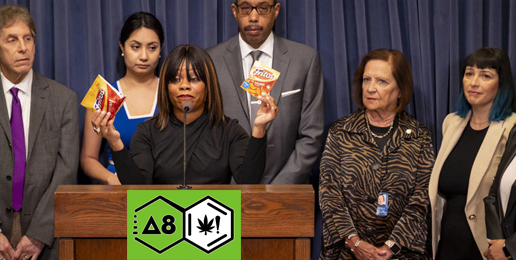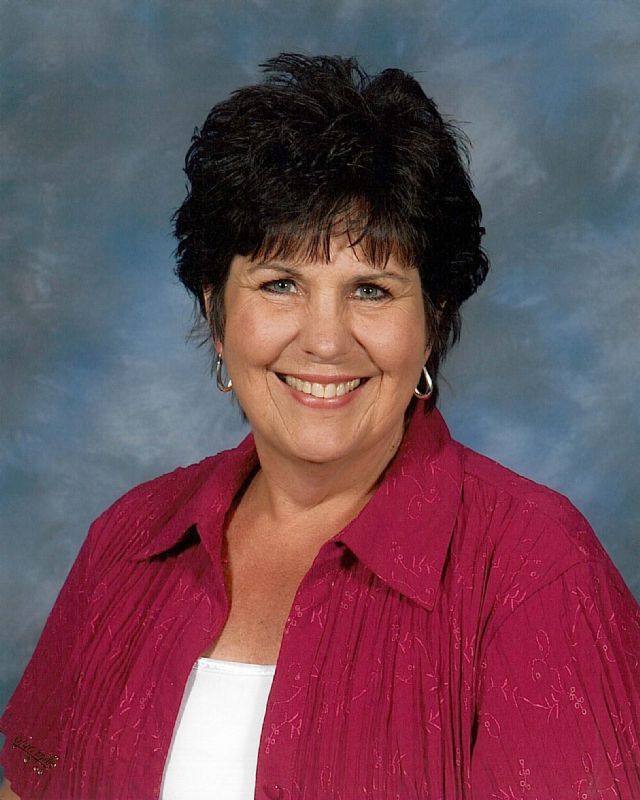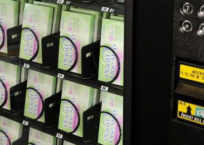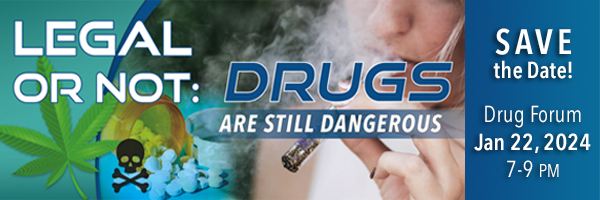
Some Illinois lawmakers recently joined the licensed cannabis industry in calling for a ban on Delta-8 hemp products. This partnership has been a match made in heaven for the industry since Illinois lawmakers did their bidding by legalizing high-potency marijuana for recreational use.
And if you’re paying attention to the numerous, pro-drug bills still being filed (see below), you’ll conclude that these legislators are still in cannabis companies’ back pockets.
Hemp is the cousin of marijuana. It is used in food products, natural remedies, fabric, rope, and more. Hemp-derived CBD products are also sold widely.
You might have heard that hemp contains small amounts of THC – the psychoactive compound in marijuana that produces a high. To hide this inconvenient tidbit, the focus has been kept on CBD and controversial claims of medical miracles resulting from its use.
While lawmakers were busy removing hemp from the Schedule I list, growers failed to mention that hemp flowers can be chemically converted to Delta-8 and Delta-9 THC – the stuff that produces the high.
Even more suspect is the fact that lawmakers want to ban hemp-derived Delta-8 but haven’t targeted Delta-9 or Delta-10. One pro-pot website described the differences:
Delta-9 THC is the heavyweight champion of the psychoactive arena, delivering a knockout blow that sends you into a cosmic dance with stars.
Delta-8 THC provides a softer, friendlier high. You will not go to space but will definitely ride a cool cloud.
Delta-10 has not been very well researched, yet according to this article by the Public Health Law Center at Mitchell Hamline School of Law, “they appear less potent than Delta-8 and far less potent than Delta-9 THC.”
If Delta-9 is the heavyweight champion of the psychoactive arena, why not call for its ban as well? They must have something up their sleeves and it likely has to do with profits.
Could it also be that this is part of the gaslighting we’ve become accustomed to? They’ve taken the idea right from the alcohol industry’s playbook: “Drink responsibly,” they chide, all the while reaping a flood of profits resulting, in part, from being irresponsible.
This article shows we could be on to something concerning profits. Here’s an excerpt:
“Rep. LaShawn Ford has introduced an alternative bill that would allow sales of intoxicating hemp products, but require them to be tested, labeled, regulated, and taxed. Just as with cannabis, he said, prohibition only creates an underground market.”
*Rep. Ford couldn’t be more wrong.
The Chinese cartels & black markets are thriving due to legalization.
Learn more here and here.
“This is so strange and hypocritical,” Ford said. “Just because you ban a product doesn’t mean it’s going away. We need to tax and regulate it.”
Tax and regulate. Don’t worry about what this does to families and communities as long as you can profit from taxing and regulating.
You should also know that lawmakers didn’t stop profiting, er, partnering, with the marijuana industry once high-potency marijuana became legal. They have continued to expand the industry in other ways and have been financially compensated as a thank-you.
Of the 4 lawmakers pictured above, two voted to legalize high-potency marijuana: State Representatives Nicholas Smith (4th from left) and Barbara Hernandez (2nd from left). Norine Hammond (2nd from right) voted no and Eva-Dina Delgado (far right) was not yet in office.
While lamenting over Delta-8 THC in hemp, here’s what they’re planning and hoping you don’t notice.
HB 25 (LaShawn Ford-D) increases the number of cannabis craft licenses.
HB 1499 (LaShawn Ford-D) allows municipalities to create temporary licenses for allowing the sale and on-site consumption of marijuana at clubs, tours, and events.
HB 998 (LaShawn Ford-D) allows state income tax deductions for the production and distribution of cannabis.
HB 1010 (Mary Flowers-D) requires instruction in school on the “medical and legal ramifications of cannabis use.” Do you trust the public schools with educating your kids about drugs?
HB 1205 (Curtis Tarver-D) prevents law enforcement from searching a vehicle based solely on the evidence of cannabis.
HB 4164 (LaShawn Ford-D) creates “emergency rules” to begin transferring licenses to third parties to transport cannabis.
HB 5562 (Marcus Evans-D) & SB 3785 (Kimberly Lightford-D) provide financial assistance to Social Equity Applicants for starting retail marijuana businesses.
HB 5306 (LaShawn Ford-D) and SB 3790 (Lakesia Collins-D) would license and regulate (synonyms for tax) hemp-derived cannabinoids.
HB 5604 (Kambium Buckner-D) grants a license to operate a marijuana retail business as long as the only cannabis-related crime someone has been convicted of is non-violent.
HB 5284 (Kevin Olickal-D) prohibits medical facilities from restricting the use of “medical marijuana.”
And it gets even worse.
HB 2 (LaShawn Ford-D) and SB 78 (Sara Feigenholtz-D) establish tax-funded facilities for participants to consume drugs and obtain smoking and snorting kits; provide oxygen and naloxone and trained staff to administer first aid to those overdosing; provide hypodermic needle disposal services. They call these “overdose prevention sites.”
HB 1 (LaShawn Ford-D) and SB 2612 (Willie Preston-D) decriminalize LSD, Psilocybin (psychedelic mushrooms), and other hallucinogens and expunge criminal records that violate the Controlled Substance Act. They allow licensing for the manufacture of psilocybin products and facilitate psilocybin services. They create “service centers” where people can get high anonymously.
HB 2118 (Michelle Mussman-D) allows any supplier (not just a pharmacy) to sell any amount (rather than up to 100) of hypodermic needles to any person 18 and older. I can’t think of any reason, other than for a medical purpose, that someone would need 100 or more hypodermic needles.
Based on all of this pro-drug activity among our legislators, it seems a ban on hemp-derived Delta-8 is nothing more than smoke, mirrors, and money — meant to benefit them, not us. These radical lawmakers are gaslighting us. Again.






















